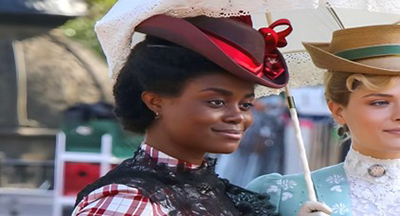
By Don Valentine
Post Civil war industry rose like an economic Phoenix from the ashes of the war. The factories built by the North to defeat the rebels were not shut down, but their production tools were turned to peace time goals. From the 1870’s into the 1900’s, that inertia fueled the Gilded Age. Mark Twain’s 1873 book titled “The Gilded Age” was the origin of the name. The book’s theme was the greed and corruption of wealthy industrialists. The most notable “Robber-Barons” included J.P. Morgan, John Rockefeller, Andrew Carnegie and Henry Flagler.
Black entrepreneurs of that era prospered quite well in the Northern cities. Black people began to use their newfound freedom to create security for their families. Many of the Black elite owned retail and grocery stores, small restaurants and pharmacies. Historian Carla Peterson gave them the moniker of “shopkeeping aristocracy.” Black Enterprise magazine noted, “One such entrepreneur, Thomas Downing, is considered the man responsible for introducing oysters to the upper class and would go on to open the Thomas Downing Oyster House. The son of two formerly enslaved people was nicknamed the ‘New York Oyster King’ due to the popularity of his restaurant, and he remained one of the city’s most wealthy residents until his death in 1866.” The Insider noted another Black business success story Pierre Toussaint. He became a highly sought-after hairdresser among the society’s upper crust, and used his new wealth to support orphans and immigrants gain education and employment.
Well dressed and polished Black women also gained financial traction. Mary Ellen Pleasant was at the vanguard of that list. She was a shrewd maid, and listened to the gossip of the elite wealthy men. The financial information exchanged on making proper investments helped her become a self-made millionaire. That knowledge was used with discretion to buy up boarding houses, laundromats, restaurants, and Wells Fargo shares. The New York Times reported on another prodigious female; “With a fortune built largely from operating boarding homes in Brooklyn and beyond, Elizabeth A. Gloucester was considered by many to be the richest black woman in America upon her death at age 66 on Aug. 9, 1883.” HBO’s show the “Gilded Age” has been lauded for its dramatic accuracy by including the Black elite’s stories.
Education was emphasized in these Black families, and sparked the founding of the HBCUs. Historian Carla Peterson told the Insider, “Money alone didn’t grant access to the upper echelons of Black society.” Even money and education has not changed our world. Author Willard B. Gatewood wrote, “Even exceptional Blacks were considered inferior to Whites…” To learn more about the White indifference to the Black Gilded age read Mr. Gatewood’s book, “Aristocrats of Color: The Black Elite,” or Elizabeth Dowling Taylor’s “The Original Black Elite.”

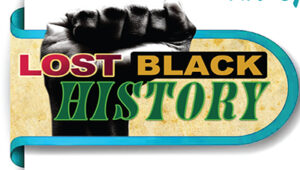

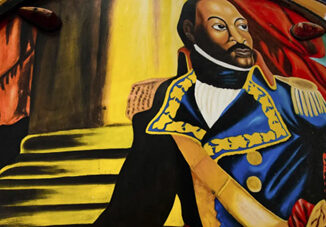
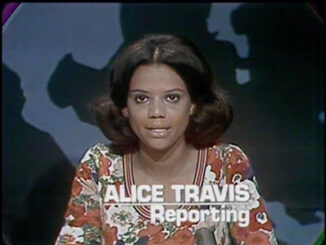
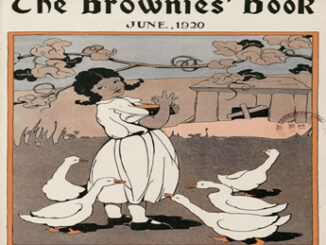
Be the first to comment